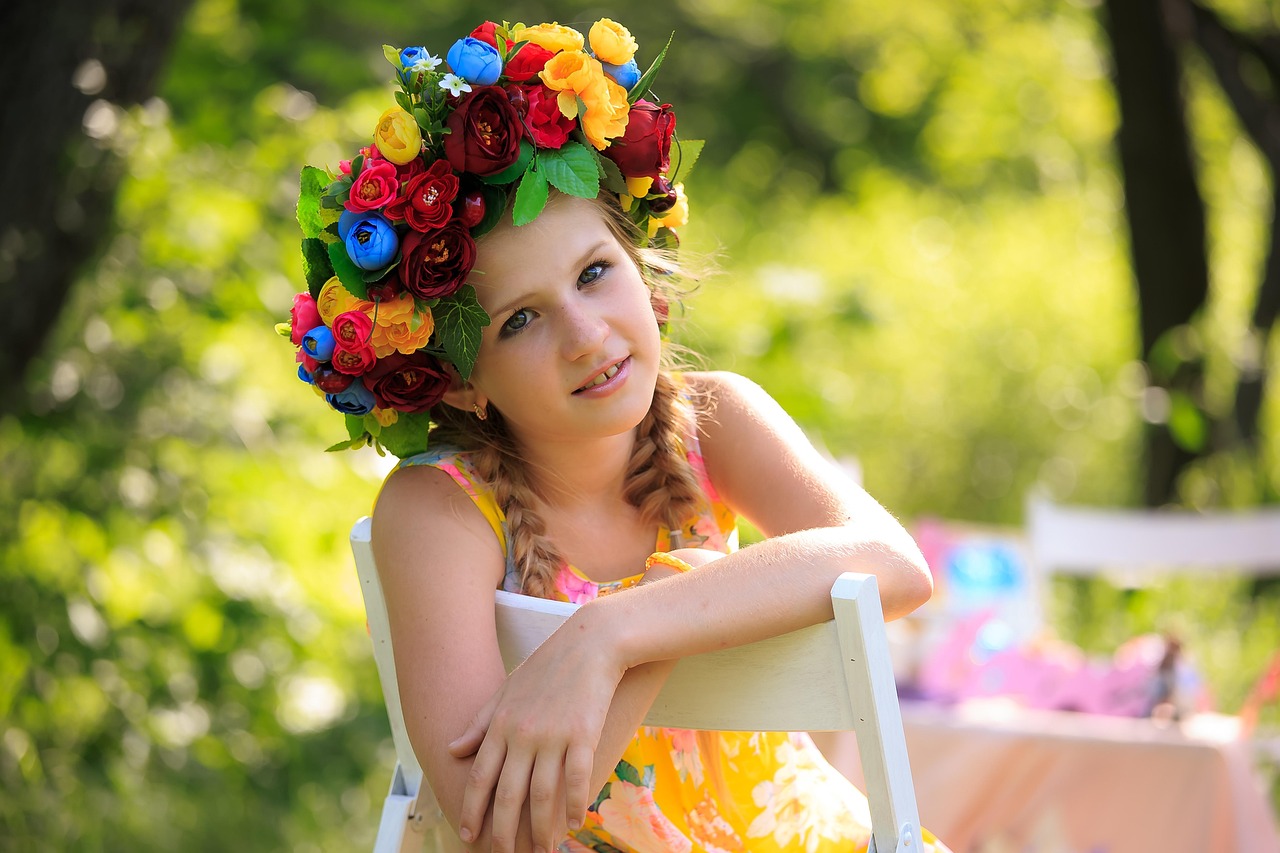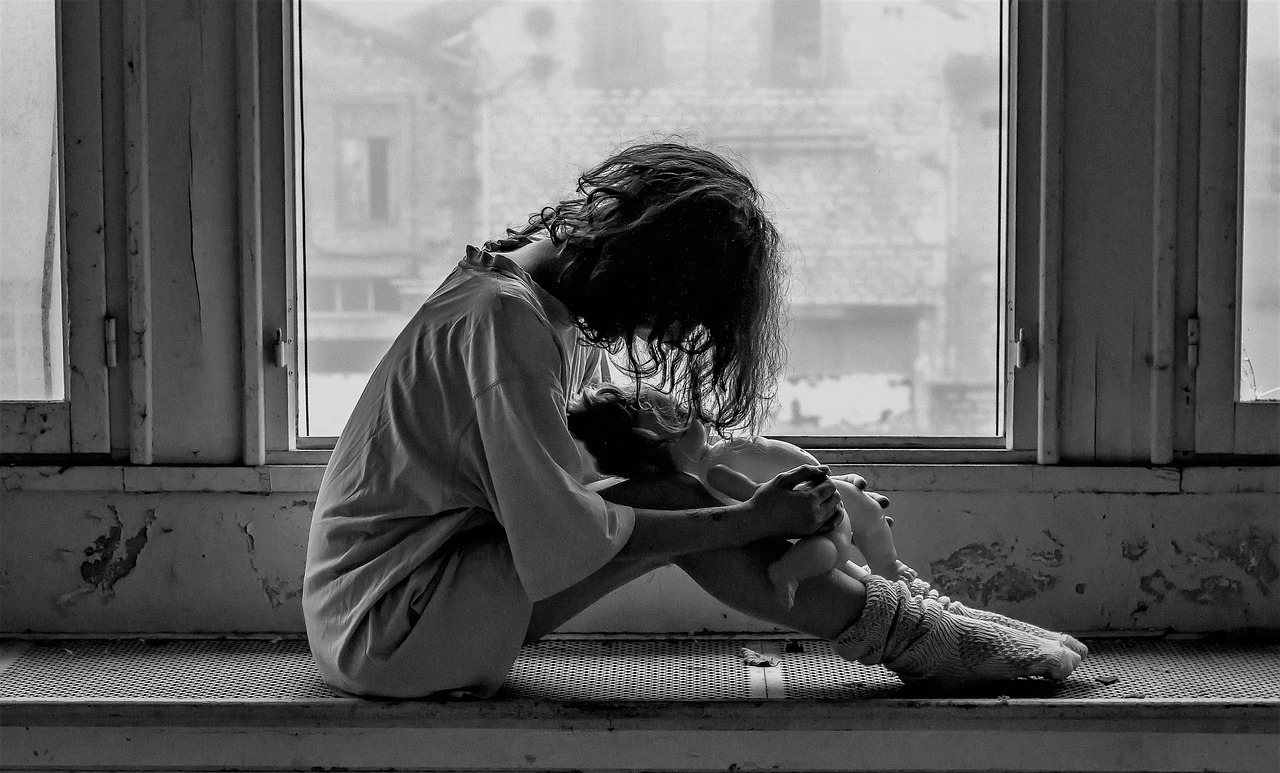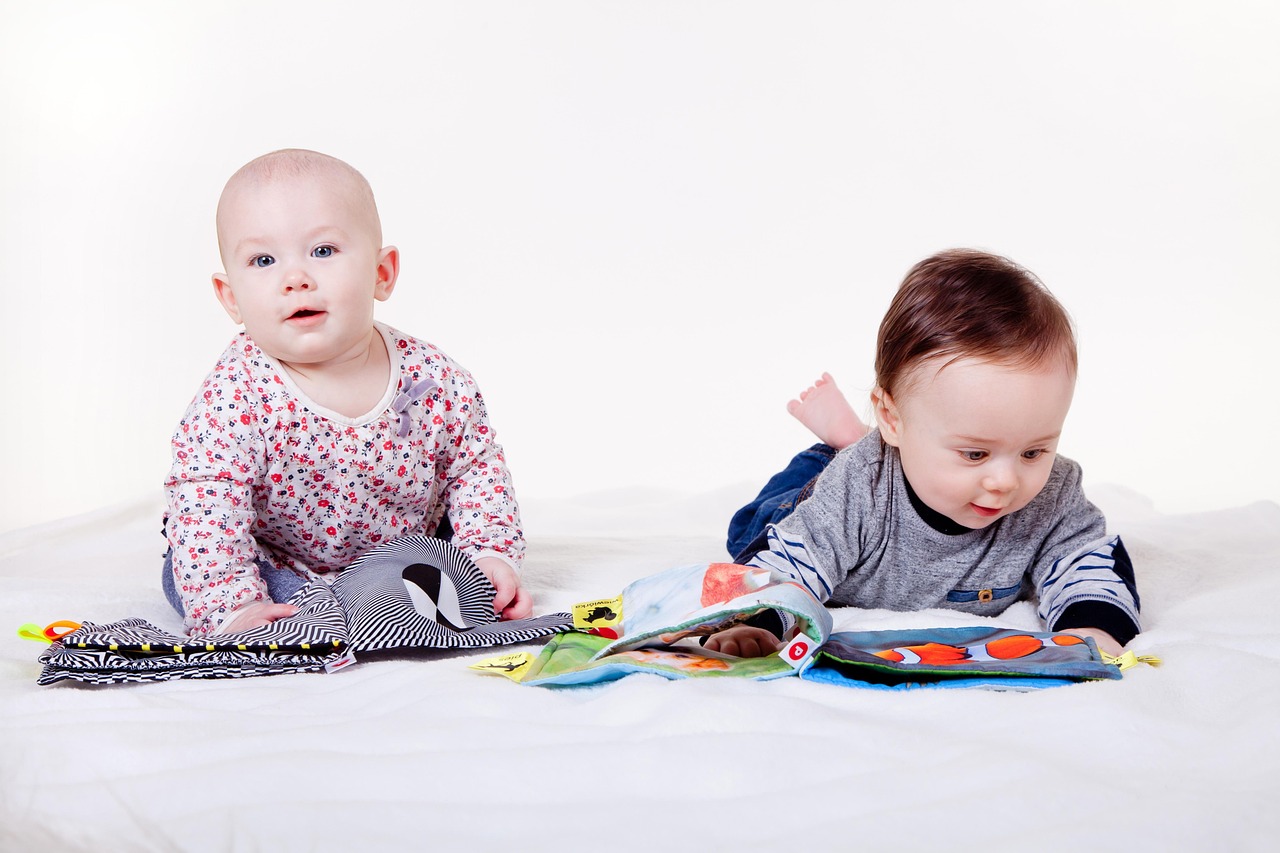This article delves into the appropriateness of the Wicked movie for children, offering insights into its themes, content, and overall suitability for younger audiences.
Understanding the Wicked Storyline
The Wicked movie is a captivating adaptation of the acclaimed musical and novel. It presents a reimagined narrative of the witches from The Wizard of Oz, exploring profound themes of friendship and morality.
Thematic Elements in Wicked
Wicked addresses complex themes such as good vs. evil, friendship, and social justice. These themes may necessitate parental guidance for younger viewers to grasp their full significance.
- Friendship and Loyalty: The bond between Elphaba and Glinda highlights the importance of loyalty, teaching valuable lessons that resonate with children, albeit through a mature lens.
- Complex Character Development: Characters in Wicked experience significant growth, encouraging discussions about personal choices and their consequences, which can enlighten older children and teens.
- Morality and Ethics: The film prompts viewers to engage in meaningful conversations about prejudice and acceptance, addressing societal issues relevant to today’s world.
Good vs. Evil
Wicked challenges traditional notions of good and evil, presenting characters with both admirable and flawed traits. This complexity can be thought-provoking for young viewers.
Age Appropriateness and Ratings
Understanding the film’s rating, which is PG-13, is crucial for parents. This rating indicates that some material may be inappropriate for children under 13, advising parental discretion.
- Content Warning: The film contains intense scenes, mild language, and thematic elements that may not be suitable for all children. Parents are encouraged to preview the content.
Parental Guidance Recommendations
It is advisable for parents to watch the film with their children or discuss its themes beforehand to facilitate understanding and address any questions that may arise.
- Discussing Sensitive Topics: Open discussions about the film’s themes can help children process complex ideas and foster a deeper appreciation for the story.
- Encouraging Critical Thinking: Parents can use Wicked as an opportunity to encourage critical thinking, prompting children to analyze characters’ motivations and the moral dilemmas presented throughout the film.
Conclusion: Making an Informed Decision
Ultimately, whether Wicked is appropriate for kids depends on individual maturity levels and parental discretion. It is crucial for parents to assess their child’s readiness for such content.

Understanding the Wicked Storyline
The Wicked movie is a captivating adaptation of the acclaimed musical and novel, offering a fresh perspective on the classic characters from The Wizard of Oz. This reimagined tale primarily focuses on the two witches, Elphaba and Glinda, exploring their complex relationship and the events that lead to their eventual destinies. Through this narrative, the film delves into themes of friendship, betrayal, and the moral ambiguities of society.
Set in the vibrant land of Oz, the story begins with Elphaba, a misunderstood green-skinned girl, who faces discrimination and prejudice due to her appearance. As she navigates the challenges of her upbringing, she forms a deep bond with Glinda, a popular and ambitious student. Their friendship is tested by societal expectations and personal ambitions, leading to a series of events that ultimately define their paths.
The film effectively challenges the conventional notions of good and evil, presenting characters that embody both admirable qualities and significant flaws. This nuanced portrayal encourages viewers to question the nature of morality and the impact of choices made by individuals in positions of power.
Furthermore, the storyline highlights the importance of understanding and acceptance, as Elphaba’s journey reflects broader themes of social justice and the fight against inequality. The film invites audiences to reflect on the consequences of their actions and the significance of empathy in a world often divided by superficial differences.
Overall, the Wicked movie serves not only as an entertaining spectacle but also as a thought-provoking exploration of deeper societal issues, making it a rich narrative that resonates with viewers of all ages.

Thematic Elements in Wicked
The Wicked movie intricately explores a variety of profound themes that resonate with audiences of all ages. One of the most significant themes is the struggle between good and evil, which is presented in a nuanced manner. Unlike traditional narratives that depict clear-cut heroes and villains, Wicked challenges these notions by portraying characters who embody both admirable and flawed qualities. This complexity invites viewers to reflect on their own perceptions of morality and ethics.
Additionally, the film delves into the theme of friendship, particularly through the relationship between Elphaba and Glinda. Their journey illustrates the importance of loyalty and understanding in friendships, even when faced with societal pressures and personal challenges. This aspect of the story can serve as a valuable lesson for younger audiences about the significance of supporting one another in times of adversity.
Another critical theme is social justice. Wicked addresses issues of prejudice and discrimination, prompting discussions about acceptance and empathy. These themes are particularly relevant in today’s society, making it essential for families to engage in conversations about the implications of these societal issues.
Moreover, the film’s portrayal of complex character development encourages viewers to consider the consequences of personal choices. As characters evolve throughout the story, audiences are invited to reflect on their motivations and the impact of their actions on others, fostering a deeper understanding of ethical dilemmas.
In summary, Wicked’s exploration of these intricate themes not only captivates its audience but also provides a platform for meaningful discussions about morality, friendship, and social issues. Parents are encouraged to guide their children through these themes, ensuring a comprehensive understanding of the story’s depth.
Friendship and Loyalty
are central themes in the narrative of Wicked, particularly embodied in the relationship between Elphaba and Glinda. Their bond serves as a profound exploration of how these values can shape individuals and their choices. This relationship is not just a simple tale of camaraderie; it is a complex journey that reflects the challenges and triumphs of true friendship.
Throughout the story, Elphaba, often misunderstood and marginalized, finds a confidante in Glinda, who initially embodies conventional beauty and popularity. As their friendship develops, it becomes evident that loyalty is tested in the face of societal pressures and personal ambitions. This dynamic offers children a nuanced understanding of how real friendships can endure despite differences and conflicts.
Moreover, the lessons derived from Elphaba and Glinda’s experiences are invaluable. They highlight that friendship is not merely about shared interests but also about supporting one another through adversity. This can resonate deeply with young audiences, teaching them the importance of standing by their friends, even when the going gets tough.
In addition, the film’s portrayal of loyalty extends beyond personal relationships. It encourages viewers to consider what it means to be loyal to one’s beliefs and values. Elphaba’s journey is a testament to the idea that loyalty can sometimes require difficult choices, prompting discussions about integrity and moral responsibility among children.
As parents watch Wicked with their children, they can use the relationship between Elphaba and Glinda as a springboard for conversations about friendship, loyalty, and the importance of accepting others for who they truly are. These discussions can foster a deeper understanding of interpersonal relationships and the complexities of human emotions.
In conclusion, the friendship between Elphaba and Glinda in Wicked serves as a powerful narrative tool that illustrates the significance of loyalty and support in relationships. By presenting these themes through a relatable lens, the film offers valuable lessons that can resonate with children, encouraging them to cultivate meaningful friendships in their own lives.
Complex Character Development
The characters in Wicked experience profound transformations that resonate deeply with audiences, particularly older children and teens. The narrative invites viewers to witness the journey of Elphaba, the misunderstood Wicked Witch of the West, and her complex relationship with Glinda, the Good Witch. Their evolving friendship serves as a foundation for exploring themes of personal growth and the impact of choices on one’s identity.
As the story unfolds, Elphaba’s struggle against societal norms and her quest for acceptance highlight the importance of standing up for one’s beliefs. This character arc encourages young viewers to reflect on their own personal choices and the consequences that may follow. For example, Elphaba’s decision to embrace her true self, despite societal rejection, sparks discussions about the significance of authenticity and the courage it takes to be different.
Moreover, the film presents a nuanced portrayal of morality. Characters are not strictly good or evil; they embody a spectrum of traits that challenge traditional perceptions. This complexity invites older children and teens to engage in meaningful conversations about ethical dilemmas and the gray areas of human behavior. As they analyze the motivations behind each character’s actions, viewers can develop critical thinking skills and a deeper understanding of moral ambiguity.
In summary, the character development in Wicked serves as a powerful tool for encouraging discussions about personal choices, identity, and morality. By exploring these themes, parents can facilitate enlightening conversations that help children navigate their own experiences and the world around them.
Morality and Ethics
The film Wicked serves as a powerful medium for exploring complex themes of morality and ethics, particularly in the context of prejudice and acceptance. As the story unfolds, viewers are invited to question their perceptions of good and evil, as well as the societal norms that shape these beliefs.
Through the journeys of the main characters, Elphaba and Glinda, the narrative challenges traditional stereotypes and encourages a deeper understanding of the motivations behind individuals’ actions. This is particularly relevant today, as the film prompts families to engage in meaningful discussions about social justice and acceptance in a world that often grapples with these issues.
| Key Themes | Description |
|---|---|
| Prejudice | The film illustrates how societal biases can shape individuals’ lives and choices. |
| Acceptance | It emphasizes the importance of embracing differences and fostering understanding among diverse groups. |
| Personal Growth | Characters evolve, showcasing the impact of personal choices on their moral compass. |
These themes resonate with audiences of all ages, making it essential for parents to facilitate conversations around them. By discussing the ethical dilemmas presented in the film, families can explore questions such as:
- How do our perceptions of others influence our actions?
- What defines true friendship in the face of adversity?
- How can we challenge societal norms that promote prejudice?
In conclusion, Wicked not only entertains but also serves as a catalyst for important conversations about morality and ethics. By engaging with its themes, families can foster a deeper understanding of societal issues, ultimately encouraging a more compassionate and accepting worldview.
Good vs. Evil
is a central theme in the narrative of Wicked, which invites audiences to reconsider their perceptions of morality. The film presents characters who embody both admirable and flawed traits, encouraging viewers, especially younger ones, to engage in thoughtful reflection about the complexities of human nature.
Unlike traditional tales that neatly categorize characters as either heroes or villains, Wicked blurs these lines. For instance, Elphaba, often seen as the Wicked Witch, is portrayed with depth and empathy, showcasing her struggles against societal prejudice. In contrast, Glinda, who initially appears as the quintessential good character, reveals her own flaws and insecurities. This duality compels young viewers to question their assumptions about goodness and evil.
The film’s exploration of these themes can be particularly thought-provoking for children. It encourages them to think critically about the motivations behind characters’ actions and the societal influences that shape their choices. Parents may find it beneficial to discuss these themes with their children, helping them to navigate the moral complexities presented in the story.
Moreover, Wicked serves as a springboard for discussions about real-world issues such as prejudice, acceptance, and the importance of understanding different perspectives. These conversations can foster empathy and critical thinking skills in young viewers, making the film not just a source of entertainment, but also a valuable educational tool.
In conclusion, the portrayal of in Wicked challenges traditional narratives and offers a rich tapestry of character development. This complexity can be both enlightening and beneficial for young audiences, provided it is approached with thoughtful guidance from parents.

Age Appropriateness and Ratings
Understanding a film’s rating system is crucial for parents as it provides essential insights into the content and themes presented. In the case of the Wicked movie, the film is rated PG-13, which signifies that some material may be unsuitable for children under 13. This rating serves as a guideline, advising parents to exercise discretion when deciding whether the film is appropriate for their children.
The PG-13 rating indicates that the film may contain elements such as mild language, intense scenes, and thematic content that could be challenging for younger viewers to process. It is essential for parents to be aware of these factors to determine if the film aligns with their child’s maturity level and sensitivity. For instance, the film’s exploration of complex themes like friendship, morality, and social justice may require a certain level of emotional maturity to fully grasp.
Parents should consider the following when evaluating the film’s suitability:
- Emotional Readiness: Assess your child’s ability to handle intense scenes or mature themes.
- Previous Exposure: Consider if your child has experienced similar content in other films or media.
- Discussion Opportunities: Be prepared to discuss the film’s themes and characters after viewing.
By understanding the film’s rating and the reasons behind it, parents can make informed decisions that align with their child’s individual needs. Watching the film together can also provide an opportunity for open dialogue, allowing children to express their thoughts and feelings about the storyline and its characters.
Ultimately, the decision of whether Wicked is appropriate for kids rests on the parents’ judgment, taking into account their child’s unique maturity level and sensitivity to the film’s content.
Film Rating Explanation
The film Wicked has been assigned a PG-13 rating, which serves as a crucial guideline for parents when considering whether the movie is suitable for their children. This rating indicates that some content may not be appropriate for children under the age of 13, and it advises parental discretion for younger viewers.
The PG-13 rating is designed to alert parents that the film contains material that may be more suitable for older children and teens. Such content can include mild language, thematic elements, and scenes that may be intense or emotionally charged. It is essential for parents to understand that this rating suggests a level of maturity is required to process the film’s deeper messages and complex themes.
In Wicked, viewers are introduced to intricate storylines that challenge traditional notions of good and evil. The film explores themes of friendship, betrayal, and societal issues, which may resonate differently based on a child’s age and maturity level. For instance, younger children might struggle to grasp the moral complexities presented in the film, while older children may find these themes relatable and thought-provoking.
Moreover, the film’s portrayal of characters who grapple with their identities and the consequences of their choices can lead to significant discussions between parents and their children. Therefore, it is advisable for parents to preview the film before allowing their children to watch it. This way, they can assess the content and decide if it aligns with their family values and the individual maturity of their child.
Ultimately, the PG-13 rating of Wicked serves as a helpful tool for parents to make informed decisions regarding their child’s viewing experience. Engaging with the film together can also foster meaningful conversations, allowing children to process the complex ideas presented in the story.
Content Warning
The Wicked movie, while a captivating adaptation of the beloved musical, contains elements that may not be suitable for all children. It is essential for parents to be aware of these aspects before allowing their children to watch.
Firstly, the film includes some intense scenes that may be frightening or emotionally overwhelming for younger viewers. These moments are designed to convey the depth of the story but can be distressing for sensitive children. Parents should consider their child’s temperament and ability to handle such scenes.
Additionally, the movie features mild language that, while not excessively harsh, may still raise eyebrows among parents. Understanding the context in which these words are used can help in discussing them with children, should they arise during viewing.
Moreover, the thematic elements in Wicked tackle complex issues such as friendship, betrayal, and social justice. These themes, while valuable for discussion, may require parental guidance to ensure children grasp the nuances involved. It is important to note that the film challenges traditional notions of good versus evil, presenting characters that are both admirable and flawed, which can prompt deep conversations about morality.
Given these factors, it is highly recommended that parents preview the content of the film before sharing it with their children. This allows for an informed decision based on the child’s maturity level and understanding. Engaging in a conversation about the film afterwards can also provide an opportunity to address any questions or concerns that may arise.
In conclusion, while Wicked offers a rich narrative and valuable lessons, parental discretion is advised to ensure a positive viewing experience for younger audiences.

Parental Guidance Recommendations
When it comes to watching the Wicked movie, parents play a vital role in ensuring that their children fully grasp the film’s intricate themes and messages. To facilitate a better understanding and to address any questions that may arise, it is highly advisable for parents to watch the film together with their children. This shared experience not only enhances the viewing but also opens the door for meaningful conversations.
Before diving into the film, parents should consider discussing its primary themes, which include friendship, morality, and the complexities of good vs. evil. By doing so, children can approach the movie with a framework that allows them to process these concepts more effectively.
- Encourage Open Dialogue: After watching the film, parents should invite their children to share their thoughts and feelings. This can help children articulate their understanding and clarify any confusion.
- Address Sensitive Topics: The film touches on issues such as prejudice and acceptance. Parents should be prepared to discuss these topics, helping children relate them to their own lives and experiences.
- Foster Critical Thinking: Ask questions that prompt children to think critically about the characters’ motivations and the moral dilemmas they face. For example, “What would you have done in Elphaba’s situation?”
By engaging in these discussions, parents can help their children navigate the film’s themes and develop a deeper appreciation for its narrative. This proactive approach not only enhances the viewing experience but also strengthens the parent-child bond through shared insights and reflections.
In conclusion, watching Wicked together and discussing its themes can significantly enrich children’s understanding of the story. By taking the time to engage with the content, parents can ensure that their children are not only entertained but also educated by this captivating tale.
Discussing Sensitive Topics
When it comes to watching films like Wicked, it’s essential for parents to engage in open discussions about its various themes. This approach not only aids children in processing complex ideas but also fosters a deeper appreciation for the story’s intricate narrative. Here are several ways to facilitate these conversations:
- Encourage Questions: Invite your children to ask questions about the film. This can help them articulate their thoughts and feelings regarding the story and its characters. A simple question like, “What did you think about Elphaba’s choices?” can spark a meaningful dialogue.
- Relate to Real Life: Connect the themes of the movie to real-world situations. Discussing issues like prejudice and acceptance can help children understand the relevance of these themes in their own lives.
- Use Examples: Refer to specific scenes or characters to illustrate points. For instance, discussing the friendship between Elphaba and Glinda can lead to conversations about loyalty and support among friends.
- Promote Critical Thinking: Encourage your children to think critically about the characters’ motivations and the moral dilemmas they face. Ask them how they would react in similar situations, which can enhance their understanding of ethical complexities.
- Address Emotions: Films often evoke strong emotions. Ask your children how certain scenes made them feel and why. This helps them process their emotions and develop empathy.
By actively engaging in discussions about Wicked, parents can help their children navigate the film’s deeper meanings and themes, ultimately enriching their viewing experience. Such conversations not only enhance comprehension but also build critical life skills that extend beyond the screen.
Encouraging Critical Thinking
Parents can leverage the Wicked film as a powerful tool to foster critical thinking skills in their children. By engaging with the movie’s complex narrative and rich character development, children can be prompted to analyze the motivations behind each character’s actions. This analysis can lead to insightful discussions about the moral dilemmas presented throughout the film.
For instance, the characters of Elphaba and Glinda provide a perfect opportunity to explore the concept of dual morality. Children can be encouraged to ask questions such as:
- What drives Elphaba to embrace her identity as the Wicked Witch?
- How do Glinda’s choices reflect her values and friendships?
- What lessons can be learned from their evolving relationship?
By discussing these questions, parents can help their children understand that motivations are often layered and complex, moving beyond the simplistic notions of good versus evil. This can lead to deeper conversations about real-world issues, such as prejudice and acceptance, which are central themes in the film.
Additionally, parents can encourage children to think critically about the ethical implications of the characters’ decisions. This can involve discussions on:
- The consequences of Elphaba’s rebellion against societal norms.
- The impact of Glinda’s choices on her friendships and her own moral compass.
Such discussions not only enhance critical thinking but also promote empathy and understanding. In a world where children are often bombarded with black-and-white narratives, Wicked serves as an excellent medium for teaching the importance of looking at situations from multiple perspectives.
Overall, by utilizing Wicked as a conversational springboard, parents can cultivate a mindset of inquiry and reflection in their children, equipping them with the skills to navigate complex moral landscapes both in fiction and in real life.

Conclusion: Making an Informed Decision
In summary, determining the appropriateness of the Wicked movie for children is a nuanced process that hinges on several factors, including the individual maturity levels of the child and the discretion of the parents. As Wicked presents a rich tapestry of themes, including friendship, morality, and the complexities of good versus evil, it is essential for parents to engage in a thorough assessment of these elements.
Understanding the storyline and thematic depth of Wicked can greatly assist parents in making informed decisions. The film not only offers entertainment but also serves as a platform for discussions on social justice and ethical dilemmas, which may resonate differently depending on a child’s age and cognitive development. For instance, younger viewers might appreciate the friendship between Elphaba and Glinda, while older children could delve into the moral complexities presented throughout the narrative.
Moreover, the film’s PG-13 rating serves as a guideline for parents, indicating that some material may not be suitable for younger audiences. Parents should consider previewing the film to identify any scenes or themes that may require further discussion. This proactive approach not only prepares parents to address potential questions but also fosters a deeper understanding of the film’s messages.
Ultimately, engaging in open dialogues about the film can enhance a child’s viewing experience and promote critical thinking. By discussing the characters’ motivations and the ethical questions raised, parents can help their children navigate the complexities of the story while instilling valuable life lessons.
In conclusion, the decision to allow children to watch Wicked should be made with careful consideration of their maturity and the guidance of parents, ensuring that the viewing experience is both enjoyable and educational.
Frequently Asked Questions
- Is Wicked suitable for children under 13?
Wicked is rated PG-13, which means it may not be suitable for younger kids. Parents should consider their child’s maturity level and discuss the film’s themes with them before watching.
- What are the main themes in Wicked?
The film explores themes such as friendship, loyalty, good vs. evil, and social justice. These complex themes might require parental guidance to help children understand the deeper messages.
- Should parents watch Wicked with their kids?
Yes! Watching together allows parents to engage in discussions about the film’s content and themes, helping children process what they see and hear.
- What kind of content warnings should I be aware of?
Wicked contains some intense scenes, mild language, and themes that might be challenging for younger viewers. It’s advisable for parents to preview the film first.
- How can I help my child understand the moral dilemmas in Wicked?
Encourage open discussions about the characters’ choices and the consequences of their actions. This can foster critical thinking and a deeper appreciation for the story.












